Medical billing plays a vital role in the healthcare industry, acting as the bridge between healthcare providers and insurance companies. It is a complex process that involves submitting and following up on claims to ensure healthcare facilities receive appropriate reimbursement for the services they provide. In this blog post, we will delve into the intricacies of medical billing, its significance in the healthcare ecosystem, and how it impacts both healthcare providers and patients.
Understanding Medical Billing
Medical billing is the process of translating medical services into standardized codes and submitting them to insurance companies for reimbursement. Healthcare providers assign specific codes to procedures, diagnoses, and treatments using standardized code sets, such as Current Procedural Terminology (CPT) and International Classification of Diseases (ICD) codes. These codes ensure clarity and accuracy in the billing process.
The Importance of Accurate Medical Billing
Accurate medical billing is essential for several reasons:
a. Financial Stability: Healthcare facilities heavily rely on reimbursements from insurance companies to maintain their operations. Proper billing ensures that they receive fair compensation for the services they provide, contributing to their financial stability.
b. Compliance and Legal Requirements: Healthcare billing must adhere to various legal regulations and compliance standards. Accurate billing helps avoid potential legal issues and penalties.
c. Improved Patient Experience: Smooth and accurate billing processes lead to a better patient experience. Patients can focus on their recovery rather than worrying about billing errors and disputes.
Medical Billing and Insurance Claims
Medical billing involves generating and submitting insurance claims to the respective insurance companies. This process includes the following steps:
a. Patient Registration: Gathering patient information, insurance details, and consent forms.
b. Coding: Assigning appropriate CPT and ICD codes to procedures and diagnoses.
c. Claims Submission: Transmitting the coded information to insurance companies electronically or via paper forms.
d. Adjudication: The insurance company reviews the claim and determines the reimbursement amount based on the policy and coverage.
e. Payment and Follow-up: Once approved, the healthcare provider receives payment. If a claim is denied or underpaid, follow-up and appeals may be necessary.
Common Challenges in Medical Billing
The medical billing process is not without its challenges, which can include:
a. Complex Coding Systems: The sheer volume of codes and updates to coding systems can lead to coding errors, affecting reimbursement.
b. Denials and Rejections: Insurance companies may deny or reject claims due to incomplete or incorrect information, requiring thorough review and resubmission.
c. Inadequate Documentation: Comprehensive documentation is crucial for accurate billing. Insufficient records can lead to claim denials and revenue loss.
d. Keeping Up with Regulations: Staying updated with ever-changing healthcare regulations and insurance policies can be demanding for healthcare providers.
The Role of Technology in Medical Billing
Advancements in technology have significantly impacted the medical billing process. Medical billing software streamlines operations, reduces errors, and expedites claim processing. Additionally, electronic health records (EHRs) facilitate seamless integration between patient data, medical coding, and billing systems.
Conclusion
In conclusion, medical billing is an integral aspect of the healthcare system that ensures healthcare providers receive appropriate reimbursement for their services. It plays a crucial role in the financial stability of healthcare facilities and contributes to a positive patient experience. Although the medical billing process may have its challenges, advancements in technology continue to improve efficiency and accuracy. A well-functioning medical billing system ultimately benefits both healthcare providers and patients, ensuring the financial health of facilities and quality care for those in need. If you are looking for a reliable medical billing service, then you are at the right place. Please contact one of our dedicated medical billing manager to discuss your practice challenges.

